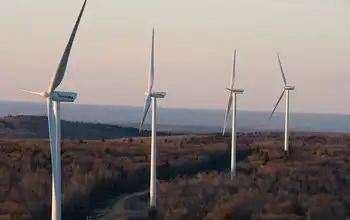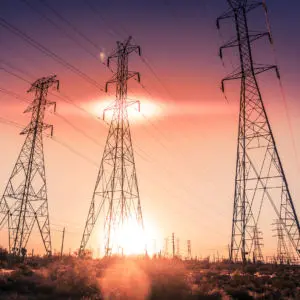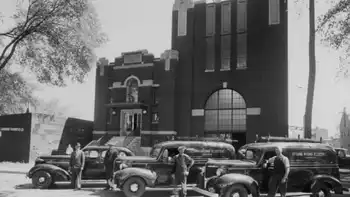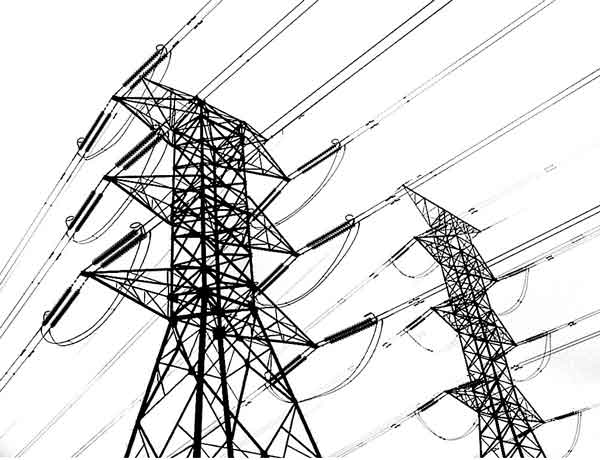No more free hookups for new homes
By Curry Coastal Pilot
Arc Flash Training CSA Z462 - Electrical Safety Essentials
Our customized live online or in‑person group training can be delivered to your staff at your location.

- Live Online
- 6 hours Instructor-led
- Group Training Available
"We used to give transformers and meters for free," General Manager Roger Meader told the dozen co-op members attending a Town Hall meeting in Gold Beach recently.
"Nothing is free in the future."
Meader said the co-op's board of directors voted at their January meeting to start the new policy effective Feb. 1.
The new policy modifies the cooperative's line extension practices with the most significant change being in the amount the member requesting new service installation must pay.
The cooperative previously provided a suitable transformer or meter for each new service.
"The policy guidelines have been adjusted over the years, but the bottom line is, the days of putting in free services are gone and now we must start asking new members to pay for the services they are asking us to provide," Meader said.
Members applying for new service will receive a written estimate for the cost of a new line extension, a modification of existing service or providing temporary power.
The policy says costs may include, but are not limited to: materials; labor and transportation costs; permit fees; filing fees; independent consultants; and contractors.
Payment based on the estimate must be made before construction begins and will be adjusted after the work is completed and the actual cost of construction is determined.
All new installations or modifications to existing electrical services must comply with the latest revisions of the National Electric Safety Code, county building codes, electrical codes and CCEC's construction standards.
"We buy all stainless steel transformers at a high cost," Meader said. "If you live in Bend, where you don't need stainless steel, it's a lot cheaper."
He said Coos-Curry spends $850,000 to $1 million a year for transformers.
"We want to make sure that we protect the integrity of the system and that the services we install will withstand the harsh coastal climate we have here," he said.
He said the policy will begin Feb. 1 to allow proper notification to city and county building departments for Coos and Curry counties, electrical contractors, realtor and home builders associations and the general membership.











